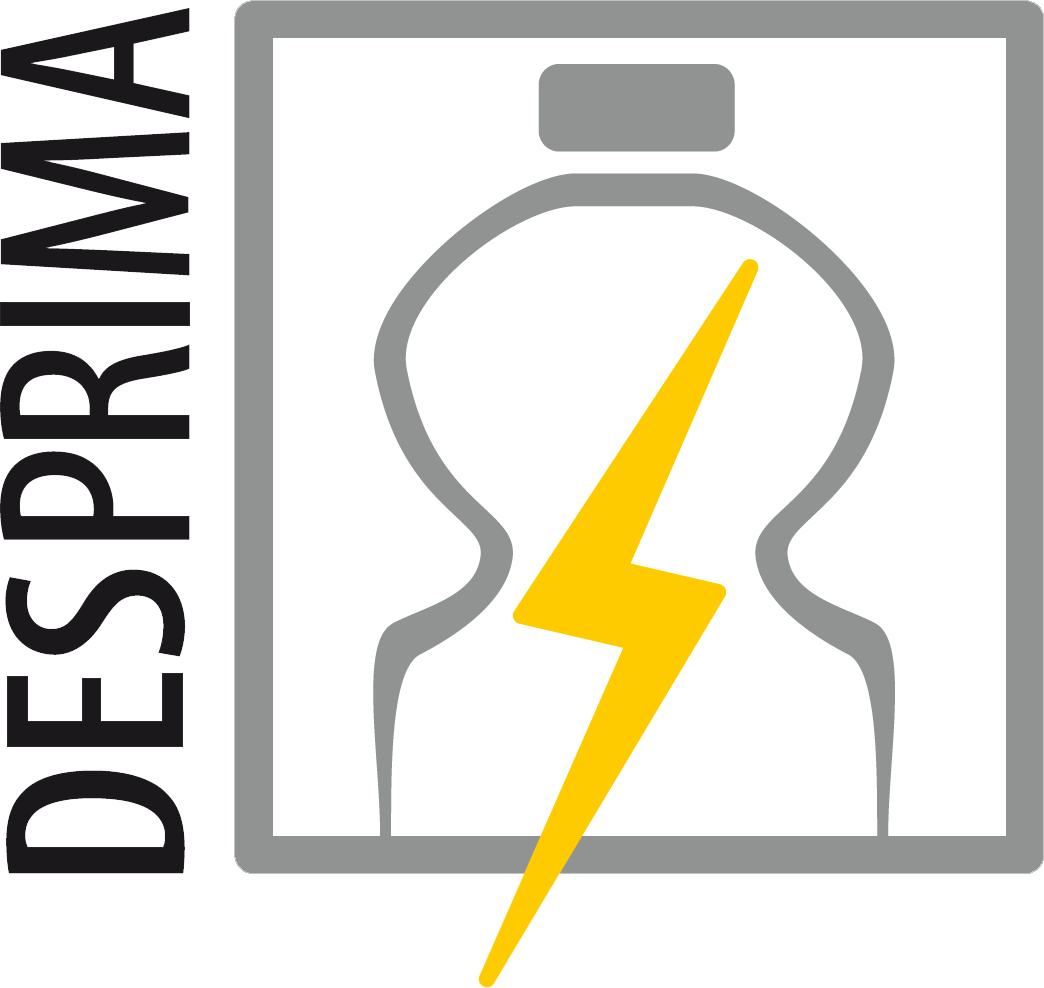Flexibility Requirements in the Power Grid and Demand-Side Management
Demand-side management (DSM) enables electricity customers to flexibly influence their own consumption in order to compensate for fluctuating electricity generation from renewable energy plants at the request of the grid operator. In return for the flexibilisation of the customer's loads for the supply of system services, the customer can receive special tariffs and thus reduce his electricity costs.
By providing this in the form of flexible P and Q load curves, the long-term:
- the network stability (e.g. tasks of voltage maintenance and frequency control) is better controlled.
- the expansion of the network and the provision of additional storage capacity are limited by the dynamic shifting of residual loads.

